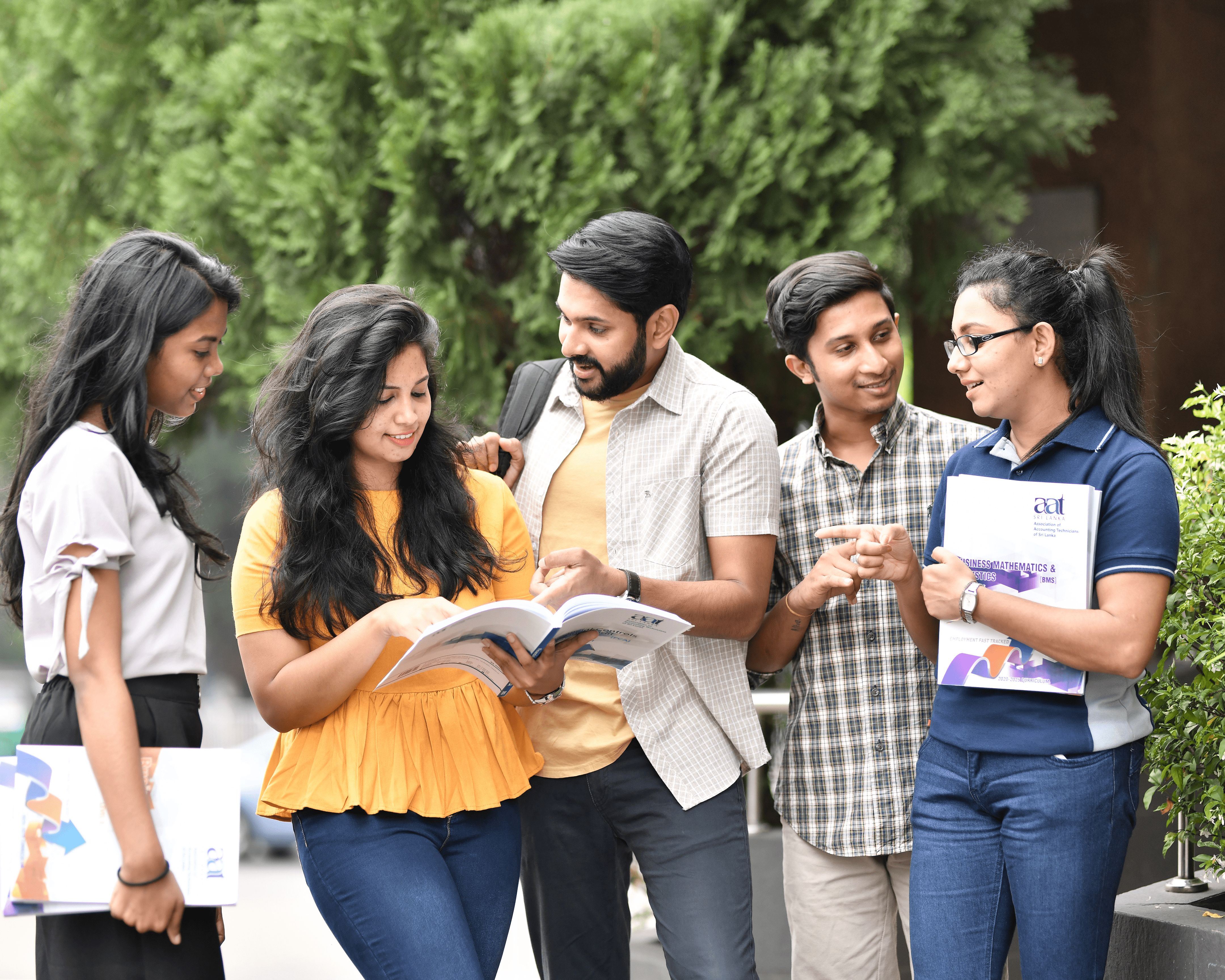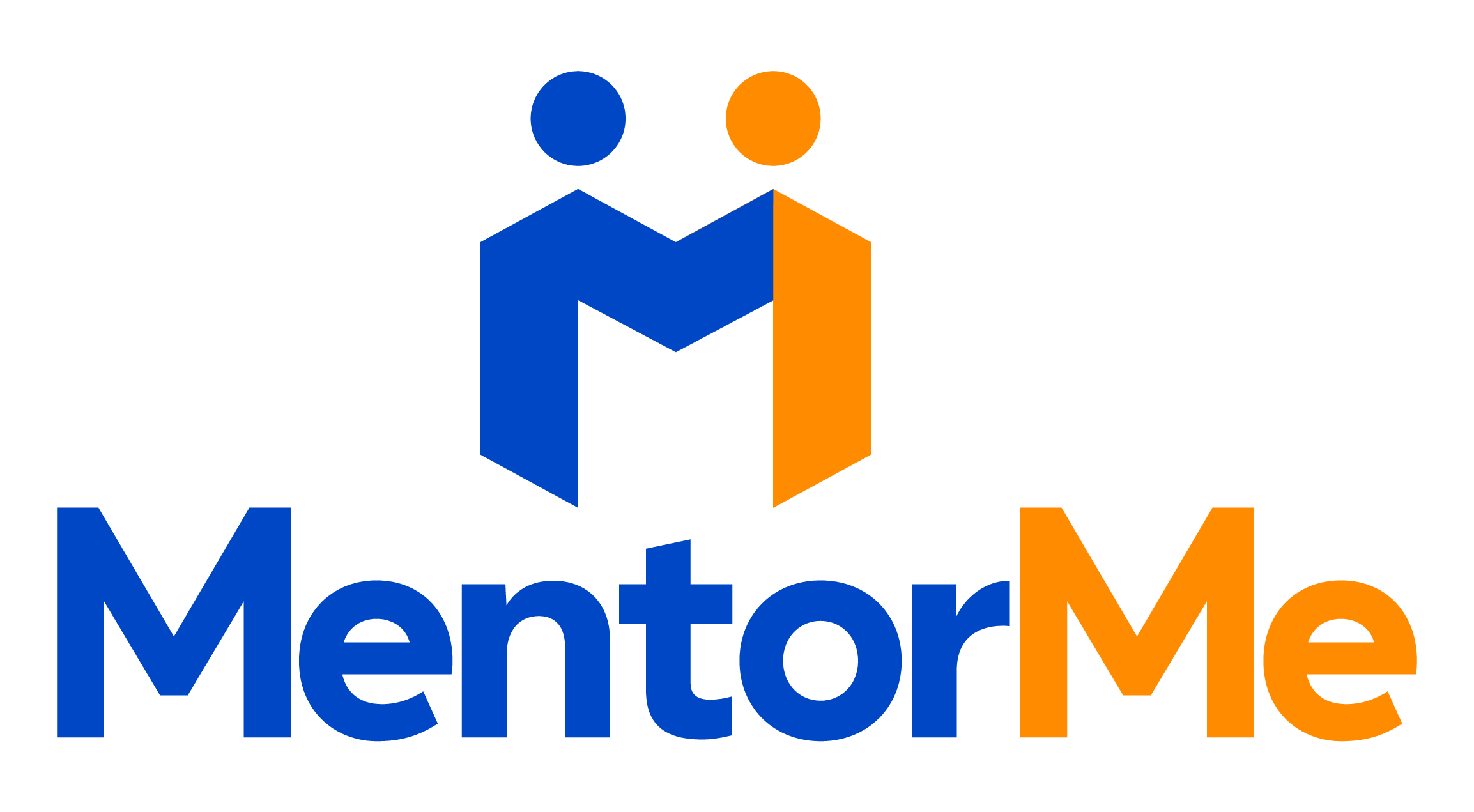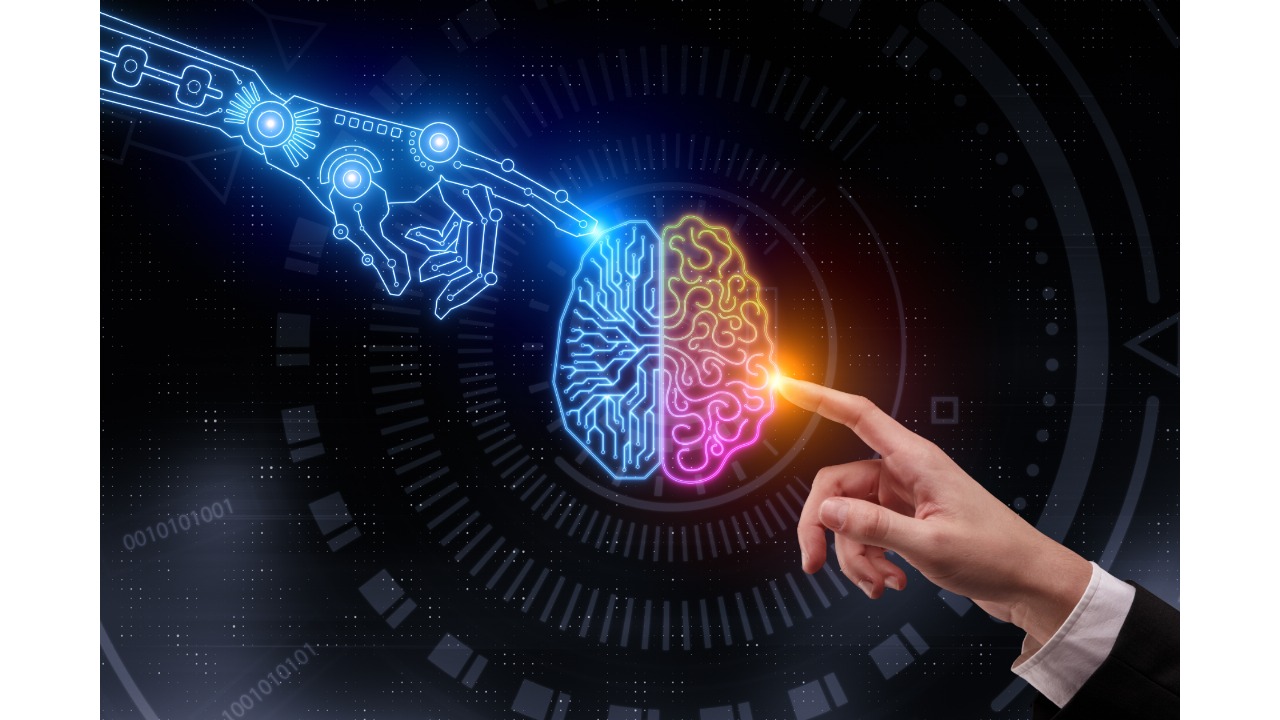
The NIOS Handbook: Everything You Need to Know
The National Institute of Open Schooling (NIOS) stands as a beacon of educational flexibility and accessibility in India. Established by the Ministry of Human Resource Development, Government of India, NIOS has revolutionized the concept of open schooling, providing a viable alternative to conventional education systems. This article delves into the structure, functions, and unique features of NIOS, with a particular focus on its innovative On-Demand Examination system.
Understanding NIOS
The National Institute of Open Schooling, formerly known as the National Open School (NOS), was established in 1989. It is an autonomous organization under the Ministry of Education, Government of India. NIOS aims to provide education to learners up to pre-degree level, including Secondary and Senior Secondary levels.
Key Features of NIOS
a) Flexibility: NIOS allows students to study at their own pace, time, and place.
b) Accessibility: It caters to learners across India and even abroad.
c) Choice of Subjects: Students can choose from a wide range of academic and vocational courses.
d) Multiple Languages: Study materials are available in Hindi, English, and several regional languages.
NIOS Courses and Programs
NIOS offers a variety of courses to suit different educational needs:
1. Open Basic Education (OBE) Program:
This program is designed for learners who have missed formal education. It's offered at three levels:
Levels | Subjects |
OBE Level A (equivalent to Class 3) |
|
OBE Level B (equivalent to Class 5) |
|
OBE Level C (equivalent to Class 8) |
|
2. Secondary Course (Equivalent to Class 10):
- Five Subjects with at least one language or at most two languages.
- Minimum of five subjects.
- Two additional subjects can also be taken.
- The Learners are however advised to select the subjects as per their future plan of study and work.
- Minimum one and Maximum two language subjects from group A are permissible for certification. However, a third language can be offered as an additional subject.
Groups | Subjects |
Group A (Languages) | Hindi, English, Bengali, Marathi, Telugu, Gujarati, Kannada, Sanskrit, Punjabi, Assamese, Nepali, Malayalam, Odia, Urdu, Arabic, Persian, Tamil, Sindhi |
Group B (Optional Subjects) | Mathematics, Science and Technology, Social Science, Home Science, Economics, Business Studies, Psychology, Indian Culture and Heritage, Painting, Data Entry Operations, Hindustani Music, Carnatic Music, Veda Adhyan*, Sanskrit Vyakaran*, Bhartiya Darshan*, Sanskrit Sahitya* |
*In the Certificate, mention of "Indian Knowledge Tradition" will be made on successful completion of above four subjects along with Sanskrit Language subject at | |
3.Senior Secondary Course (Equivalent to Class 12):
A learner has to choose:
- Five Subjects with at least one language or at most two languages.
- Minimum of five subjects.
- Two additional subjects can also be taken.
- The Learners are however advised to select the subjects as per their future plan of study and work.
- Minimum one and Maximum two language subjects from group A are permissible for certification. However, a third language can be offered as an additional subject.
Groups | Subjects |
Group A | Hindi, English, Bangla, Tamil, Odia, Urdu, Gujarati, Sanskrit, Punjabi |
Group B | Mathematics, Home Science, Psychology, Geography, Economics, Business Studies, Painting, Data entry Operation Indian Knowledge Tradition: Veda Adhyan, Sanskrit Vyakaran, Bhartiya Darshan, Sanskrit Sahitya |
Group C | Physics, History, Library and Information Sc., Environmental Science |
Group D | Chemistry, Political Science, Mass Communication, Military Studies |
Group E | Biology, Accountancy, Introduction to Law, Military History |
Group F | Computer Science, Sociology, Tourism, Physical Education and Yoga |
Learner can opt only one subject from each of Group C, D, E and F | |
4. Vocational Education Courses:
NIOS offers a wide range of vocational courses across various sectors and categories. Different categories of vocational Courses are as follows:
- Stand-alone courses: These courses can be undertaken with the NIOS Secondary Education program or NIOS Senior Secondary Education program. A list of these courses are given under the list of subjects for the Secondary Education program and Senior Secondary Education program
- Package courses: These courses with a duration of 1-year, the minimum eligibility is a pass in the Senior Secondary examination from a recognized board in India or a pass in the NIOS Senior Secondary Program. Diploma in Radiography is a 2-year course, and certificate in Yog is a 6 months course.
- Six-months courses: Eligibility for most of these courses is below secondary level.
- One-year courses: Eligibility requirement differs from course to course
5. Diploma in Elementary Education (D.El.Ed):
This is a special program for in-service untrained teachers at the elementary level.
Admission Process
NIOS follows a streamlined admission process:
a) Online Registration: Students can register through the NIOS website.
b) Choice of Subjects: Selection of subjects as per the chosen course.
c) Fee Payment: Online payment of registration and examination fees.
d) Study Material: After successful registration, study materials are provided.
The On-Demand Examination System
One of the most innovative features of NIOS is its On-Demand Examination (ODE) system. This system allows students to appear for exams when they feel ready, rather than adhering to a fixed annual or bi-annual schedule.
Key Features of ODE:
a) Flexibility: Students can choose their examination date.
b) Year-round Availability: Exams are conducted throughout the year.
c) Quick Results: Results are typically declared within 40 days.
d) Multiple Attempts: Students can appear for exams multiple times to improve their scores.
Benefits of the On-Demand Examination System:
a) Reduced Stress: Students can appear when they feel fully prepared.
b) Personalized Learning Pace: Accommodates slow and fast learners alike.
c) Improved Performance: Multiple attempts allow for score improvement.
d) Convenience: Flexible dates suit working professionals and students with other commitments.
Study Material and Resources
NIOS provides comprehensive study materials to its students:
a) Self-Instructional Material (SIM):
Available in print and digital formats
Covers the entire syllabus in a self-explanatory manner
b) Online Resources:
E-content available on the NIOS website
Video lectures and interactive modules
c) Personal Contact Program (PCP):
Face-to-face classes at study centers
Clarification of doubts and additional guidance
Evaluation and Certification
a) Continuous Assessment:
Tutor Marked Assignments (TMAs)
Public examinations or On-Demand Examinations
b) Credit Accumulation:
Students can accumulate credits over a period of five years
Flexibility to appear for exams subject-wise
c) Certification:
Marksheets and certificates issued by NIOS
Recognized by education boards, universities, and employers across India
Special Features for Diverse Learners
NIOS caters to a wide range of learners with special provisions:
a) Differently-Abled Students:
Exemption from certain subjects
Provision of scribes and extra time during exams
b) Ex-servicemen:
Special fee concessions
Recognition of prior learning
c) Overseas Students:
Study centers in several countries
Online support and resources
Technology Integration in NIOS
NIOS leverages technology to enhance learning experiences:
a) Online Admissions and Exam Registration
b) Digital Study Materials
c) Virtual Labs for Practical Subjects
d) Mobile Apps for Easy Access to Resources
e) Online Counseling Services
Challenges and Future Prospects
While NIOS has made significant strides in open schooling, it faces some challenges:
a) Awareness: Many potential beneficiaries are unaware of NIOS and its benefits.
b) Infrastructure: Need for more examination centers, especially in rural areas.
c) Technology Access: Ensuring digital resources reach all students, including those in remote areas.
Future prospects include:
- Expansion of course offerings
- Enhanced use of AI and VR in education delivery
- Greater integration with skill development initiatives
- Increased international collaborations
Conclusion
For the most up-to-date information on NIOS courses, eligibility criteria, and admission processes, as well as expert guidance on how to make the most of open schooling opportunities, reach us at mentormeright.in. We're dedicated to helping you find the correct pathway to reach your career goals, whether through NIOS or other educational avenues. Let us be your partner in navigating the exciting world of flexible, personalized education.
For students seeking an alternative to traditional schooling, working professionals looking to complete their education, or anyone interested in lifelong learning, NIOS offers a viable and valuable pathway. Its On-Demand Examination system, in particular, stands out as a learner-centric approach that aligns with the principles of personalized education. At MentorMe, we recognize the immense potential of NIOS and are committed to helping students navigate this flexible learning system effectively.
As we look to the future, the principles embodied by NIOS – flexibility, accessibility, and learner autonomy – are likely to become increasingly relevant in global education systems. MentorMe is at the forefront of this educational revolution, providing expert guidance to students exploring open schooling options. Our team of experienced mentors helps students leverage the unique advantages of NIOS to achieve their educational and career goals.
It's important to note that NIOS regularly updates its course offerings to align with current educational needs and job market demands. The institute also collaborates with various organizations to introduce new courses and programs. At MentorMe, we stay up-to-date with these changes, ensuring our clients always have access to the most current and relevant information. We pride ourselves on being the bridge between students and the opportunities offered by NIOS.
Author:
Vandana Garg
5+ years of Experience in Career Guidance.
Certified Career Coach By NCDA.






